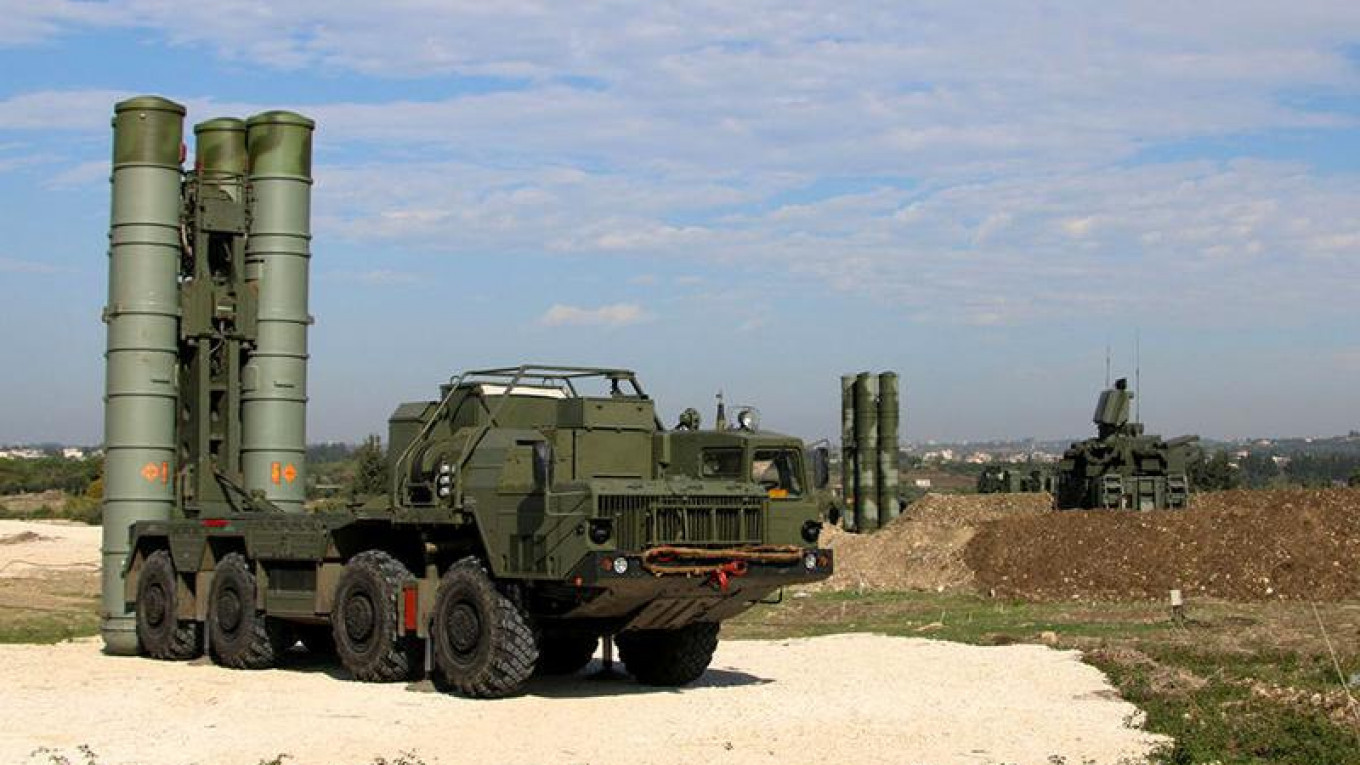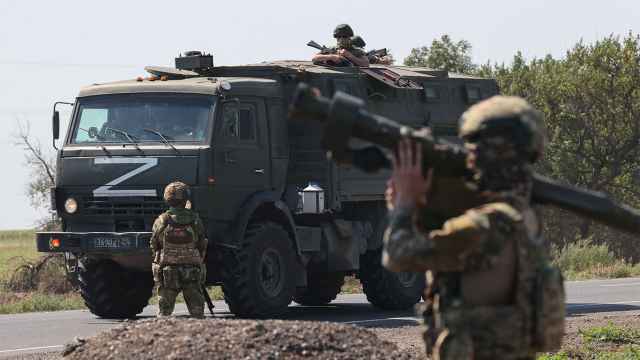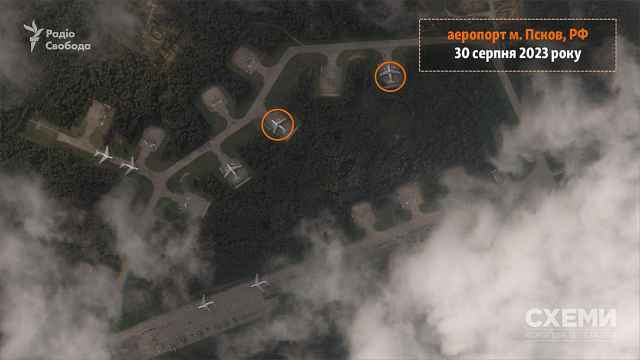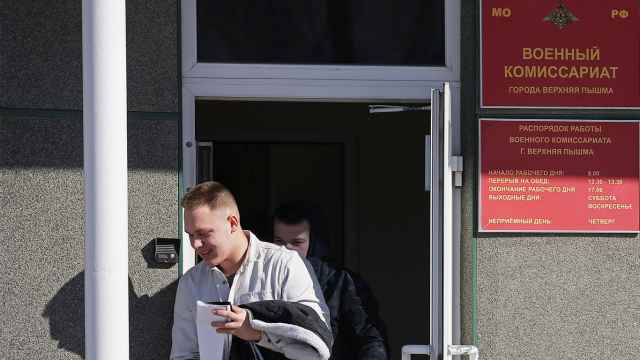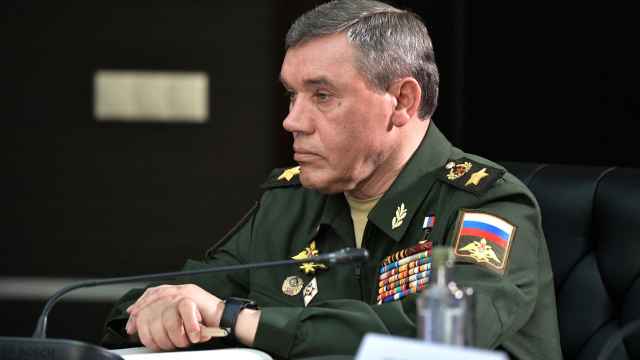Russia said on Thursday a division of its S-400 missile defense system would take part in a military drill in Serbia, underlining Moscow's wish to keep a traditional ally on side even as Belgrade pursues links with NATO and the European Union.
It will be the first time that the sophisticated S-400s, together with a Pantsir missile battery, will be participating in military exercises abroad, Moscow's Defense Ministry said in a statement.
For its part, Serbia's Defense Ministry said the exercises — dubbed Slavic Shield 2019, aimed to simulate the "use of a joint (combat) group... in defending... against enemy reconnaissance and offensive actions."
"Apart from anti-aircraft missile systems in use in the Serbian army, missile systems that are in use by the Russian Air Force will also be used" in the live-fire exercise set to run until Oct. 29, it said in a statement.
The exercises began on Wednesday but were not made public until Thursday.
Serbia declared military neutrality in 2006 and joined NATO's Partnership for Peace program in 2015, though does not seek full membership in the U.S.-led alliance. It also wants to open talks on EU membership.
But Russia is vying to keep fellow Orthodox Christian, Slavic Serbia within its sphere of geopolitical influence.
Serbia, whose military is based on ex-Soviet weapons technology, has procured MiG-29 fighter jets as well as helicopters, tanks and armored personnel carriers from Russia in recent years.
The two countries have also boosted intelligence cooperation. On Wednesday, Sergei Naryshkin, head of Russia's Foreign Intelligence Service (SVR), told Serbian state-run RTS TV that the two countries were performing "complex mutual operations" to protect their external interests.
Serbia has relied on Russia for support in its continued refusal to recognize the independence of its former southern province of Kosovo, which seceded in 2008 after a bloody guerrilla uprising. NATO peacekeepers remain in Kosovo.
Serbia also depends on Russia for natural gas supplies and the largest local oil company, Naftna Industrija Srbije, is majority-owned by Russia’s Gazprom.
A Message from The Moscow Times:
Dear readers,
We are facing unprecedented challenges. Russia's Prosecutor General's Office has designated The Moscow Times as an "undesirable" organization, criminalizing our work and putting our staff at risk of prosecution. This follows our earlier unjust labeling as a "foreign agent."
These actions are direct attempts to silence independent journalism in Russia. The authorities claim our work "discredits the decisions of the Russian leadership." We see things differently: we strive to provide accurate, unbiased reporting on Russia.
We, the journalists of The Moscow Times, refuse to be silenced. But to continue our work, we need your help.
Your support, no matter how small, makes a world of difference. If you can, please support us monthly starting from just $2. It's quick to set up, and every contribution makes a significant impact.
By supporting The Moscow Times, you're defending open, independent journalism in the face of repression. Thank you for standing with us.
Remind me later.



